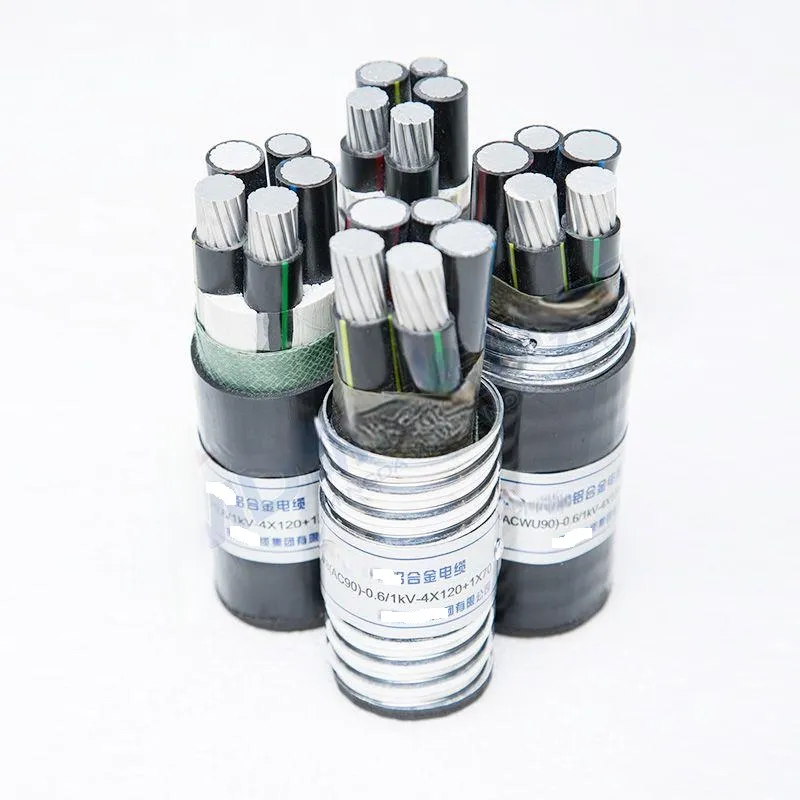Nov . 08, 2024 23:03 Back to list
Electric Actuators for Control of Gate Valves in Industrial Applications
Electric Gate Valve Actuators An Overview and Applications
In the evolving landscape of industrial automation, electric gate valve actuators have emerged as a vital component in the control of fluid movement within various systems. These devices combine electric motor technology with mechanical components to facilitate the precise opening and closing of gate valves, which are crucial for managing the flow of liquids and gases in pipelines. Understanding the function, types, advantages, and applications of electric gate valve actuators is essential for engineers, operators, and decision-makers in industries ranging from oil and gas to water treatment.
Functionality of Electric Gate Valve Actuators
Electric gate valve actuators convert electrical energy into mechanical torque, enabling the controlled operation of gate valves. When an electric signal is received, the actuator activates a motor that turns a screw or gear mechanism, resulting in the movement of the valve gate. Depending on the design, these actuators can provide either linear or rotary motion, allowing for the precise positioning of the valve gate in response to required flow rates or pressure conditions.
The integration of position sensors, limit switches, and feedback systems allows electric actuators to offer superior accuracy in valve control compared to manual systems or even some pneumatic systems. This advanced level of control ensures optimal process management, prevents leaks, and extends the lifespan of the valve by minimizing wear and tear.
Types of Electric Gate Valve Actuators
Electric gate valve actuators can be categorized into several types based on their design and operational mechanisms
1. Rotary Electric Actuators Typically used for rising stem gate valves, these actuators employ a rotary motion to move the valve gate. They are often equipped with gear reducers to enhance torque output and improve control precision.
2. Linear Electric Actuators These actuators generate linear motion directly from the electrical input. They are especially beneficial for applications where the valve design is primarily linear, allowing for simple installation and operation.
3. Multi-Turn Actuators For larger, heavy-duty gate valves, multi-turn electric actuators can be indispensable. These systems are designed to rotate multiple times to exert the necessary force to open or close the valve, making them suitable for high torque applications.
4. Part-Turn Actuators These are used for valves that require less than a full 360 degrees of movement. They are compact and efficient for quarter-turn applications, such as ball valves, while still being suitable for certain gate valve designs.
Advantages of Electric Gate Valve Actuators
The implementation of electric gate valve actuators offers several advantages
electric gate valve actuators

- Energy Efficiency Electric actuators consume less energy than pneumatic or hydraulic actuators, leading to lower operational costs over time
.- Precision Control The electronic control mechanisms enable precise positioning, improving the accuracy of flow management.
- Reduced Maintenance Compared to hydraulic systems, electric actuators have fewer components that can wear out, leading to reduced maintenance requirements and costs.
- Integration Capabilities Electric actuators can be easily integrated with existing automation systems, allowing for remote operation, monitoring, and data collection.
- Safety Features Many electric actuators come equipped with built-in safety mechanisms, such as emergency shutoff, fail-safe functions, and monitoring alarms to enhance operational safety.
Applications of Electric Gate Valve Actuators
Electric gate valve actuators are employed across a broad spectrum of industries. Some notable applications include
- Water Treatment Facilities These actuators facilitate the control of flow in treatment plants, ensuring that water is processed efficiently and safely.
- Oil and Gas Industry In pipeline systems, electric actuators help manage the flow of crude oil and natural gas, playing a crucial role in protecting against leaks and ensuring resource management.
- Chemical Processing Accurate flow control is imperative in chemical manufacturing processes; electric gate valve actuators provide the reliability needed for handling various substances.
- HVAC Systems In heating, ventilation, and air conditioning systems, electric actuators regulate airflow and temperature, contributing to energy-efficient climate control.
In conclusion, electric gate valve actuators represent a significant advancement in valve control technology. Their ability to provide precise, efficient, and reliable operation makes them a preferred choice across various industries, driving productivity and enhancing safety in fluid management systems. As industries continue to evolve, the demand for more sophisticated actuator solutions, including electric gate valve actuators, is likely to increase, shaping the future of automation and control.
Share
-
Advanced Technology in Wire and Cable FactoryNewsAug.19,2025
-
Applications of Ball Check Valve in Water Treatment PlantsNewsAug.19,2025
-
How Osy Gate Valve Ensures Leak - Tight SealingNewsAug.19,2025
-
Selection Criteria for Wafer Type Butterfly ValveNewsAug.19,2025
-
Threaded Ball Valve Pressure RatingsNewsAug.19,2025
-
Y Strainer PN16 Cost - Effectiveness AnalysisNewsAug.19,2025


